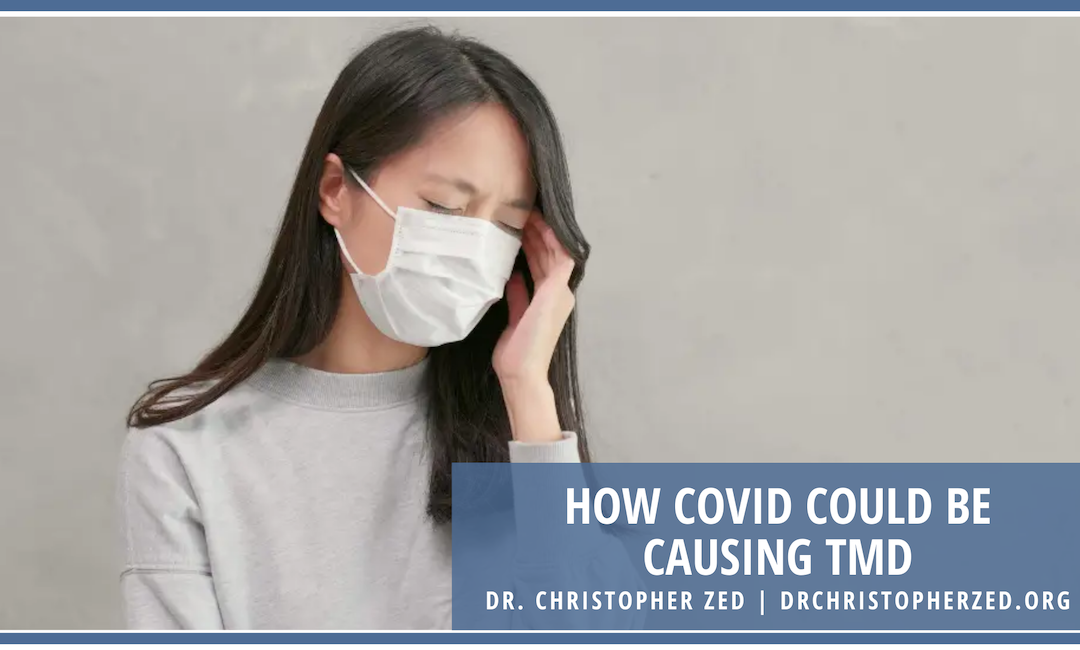There is a legitimate reason that doctors advise against feeling too much stress when possible. Stress increases the production of the stress hormone called Cortisol. An overproduction of Cortisol, if left unchecked, could lead to a variety of physical ailments, including stomach ulcers, headaches, G.I. issues, insomnia, impotence, and muscle tension. In addition, stress lowers our immune system, making us vulnerable to colds and other illnesses.
Regardless of your demeanour, disposition, or typical capacity for handling stress, the Covid pandemic tested everyone. Not only was 2020 an unprecedented situation, but the whole world was also on the edge of its seat regarding the unknown. There were weekly, daily, and hourly updates from a variety of experts and civilians, all giving conflicting data and making the stress levels higher. It logically followed that the amount of stress felt worldwide escalated.
Another behaviour that can develop from stress is teeth clenching or grinding. Both of which have an effect on the temporomandibular joint. Generally used as a sliding hinge, this joint connects the skull to the jaw, but when the jaw becomes misaligned, it can lead to jaw discomfort, difficulty chewing, and locking the joint itself. This disorder is called temporomandibular disorder (TMD), and it affects over 10 million people in the U.S.
Symptoms of TMD disorder may include frequent headaches that may feel as intense as migraines, muscle spasms in either the neck or the jaw, discomfort when opening or closing the jaw, difficulty or inability to open the mouth, ringing in the ears, dizziness, discomfort while chewing, and lockjaw. Other symptoms might involve waking up with a sore neck or jaw. This is due to night-grinding and clenching. Some cases of TMD manifest as an earache.
Once you have a diagnosis, it is essential to seek treatment. TMD is not a disorder that will go away by itself. If the cause of the problem is grinding or clenching, the patient must prevent further damage by wearing a bite guard. Symptomatic treatments may include over-the-counter pain medication and physical therapy such as manual massage. For more severe cases, orthotics might be required for long-term bite stabilization.

